Aisha Mobley joined Common Ground’s team as our first-ever Director of School Culture at the end of September. Since then, she’s been building relationships and building systems, reaching out to families and opening her door to students and staff, creating a strong team that is helping our school community and each of us grow into our full potential. As part of our effort to help our families and our whole community know our new high school staff, we wanted to give Aisha an opportunity to introduce herself!
What motivates you to do the work you do?
I’m definitely someone who loves to foster relationships and build connections. I know my job is to show up with and for families, and always put them and our students first. It’s not just a job for me; it’s a practice. It’s easy for me to show up and form relationships, and really listen, because that’s what I love to do most.
Where were you before you came to Common Ground?
I came here most recently from Vernon Public Schools, where I was a school counselor. I worked with students and families on academic matters, helping them with career and college planning, and also social/emotional learning. Particularly during the pandemic, I was most focused on helping students and families stay connected to school.
Before then, Wolcott Public Schools was my long-time home – first as school counselor, then as director of school counseling. I served the district for 10 years. I always tried to focus most on forming connections, building relationships. I am really grateful to still have a lot of those relationships – I just had lunch with a family of a past graduate a couple of weeks ago.
One thing that’s important to me is to leave a legacy in each of my schools. At my last school, I started a Youth Equity Squad – they wanted to call themselves a squad – looking at issues of race and social justice. In a short period of time, they made a lot of progress – gathering evidence, presenting to the board of education. I am happy that they’re still up and running, even though I’m no longer there.
In Wolcott, the high school where I worked didn’t have a college fair. So I worked really hard, with no money, to put together a college fair with over 100 colleges that packed our gymnasium. That’s still happening today as well.
I encourage students to leave a legacy, too – to think about the mark they want to leave. I talk about that with my niece, who’s like my daughter. I want young people to be able to go back, and see how their presence made a difference.
One way I hope students will leave their legacy at Common Ground is through a new group we’ve created, called Student Culture Creators. This year’s Black History Month celebration is their first big project, in partnership with our school culture team – particularly Ericka Toney, Miriam Sheffield, and Brandon Barro.
It’s been amazing to see these Black Power fists, sharing students’ dreams, show up on bulletin boards around the school. Can you tell me about the prompt, and about what you’ve noticed in students’ responses?
I knew that I wanted our school community to do something significant to celebrate Black History Month, particularly because we have a large number of black and brown students. As I sat down to start giving some thought and gather some resources, I saw a “I have a dream” bulletin board project from another school. I was also thinking about the Black Power fist, and all that means. Combining that with our students’ dreams feels powerful. I wanted them to capture their dreams, and put it on a Black Power fist. In schools, we don’t always stop to allow students to be their emotional self, their full self – the focus is understandably on academics.
What really impressed me was how seriously the students took the assignment, and the messages that came from it. One, really eloquently, said that their dream was ending racism. Another said that their dream was for MLK’s dream to finally come true. Students acknowledging that racism exists, and wanting to step up to challenge it – that’s powerful.
These responses also help shape how I want to think about professional development, how I want to think about shaping culture moving forward.
Click on the images below to see a slideshow of the some of the dreams our students shared:
What makes you excited about being at Common Ground? Why is this place a good match for you?
What’s exciting for me is the ability to use my creative brain to develop systems, to help solve a problem. That’s something that brings me happiness at Common Ground.
I also appreciate the small size of the school. As I said, I pride myself on building relationships with students, and with colleagues as well. At the schools I worked at before, it was impossible to get to know all the students and teachers. Here, it really is possible for us all to know each other.
Are there other messages you’d like to send to students and families?
I’m still landing. I’m hovering at the moment. I want students and families to know: I come from the heart. I’m not one who delivers lip service, and doesn’t follow through. I give a lot of thought to things, give a lot of thought to fairness and equity. Those principles are incredibly important to me. I have seen how they play out, and don’t play out, in the lives of students. My heart is in the work that I do.

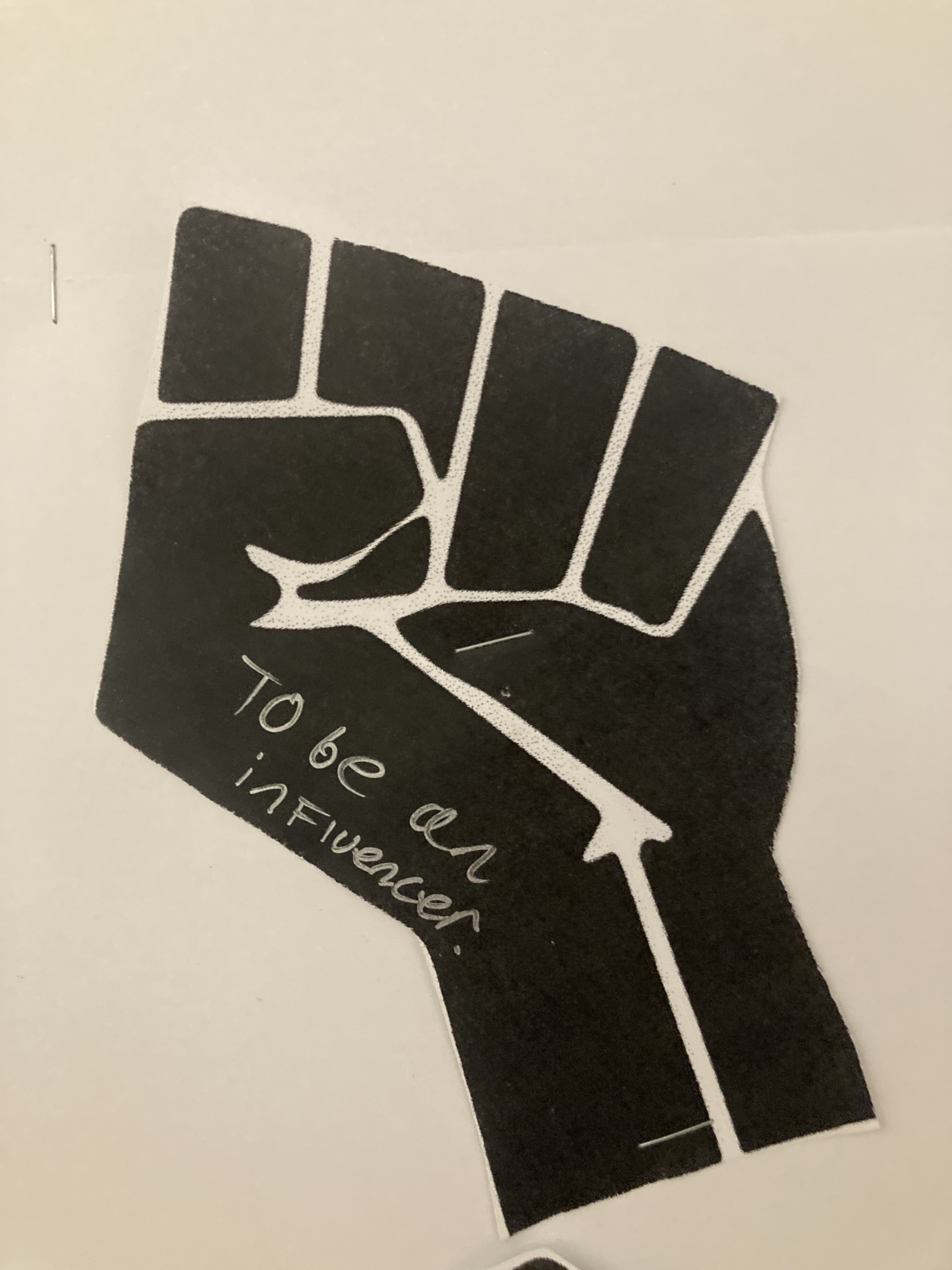
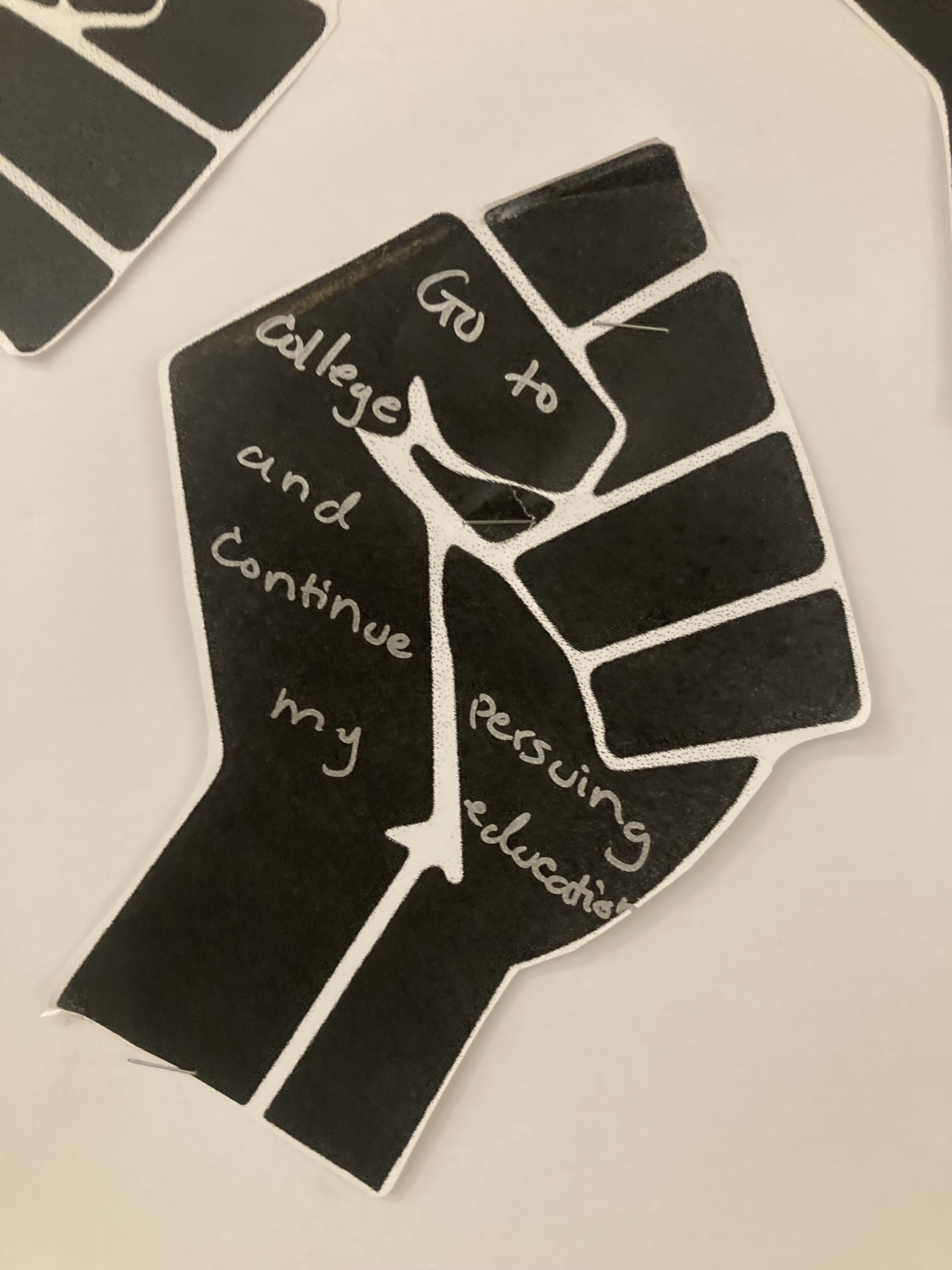
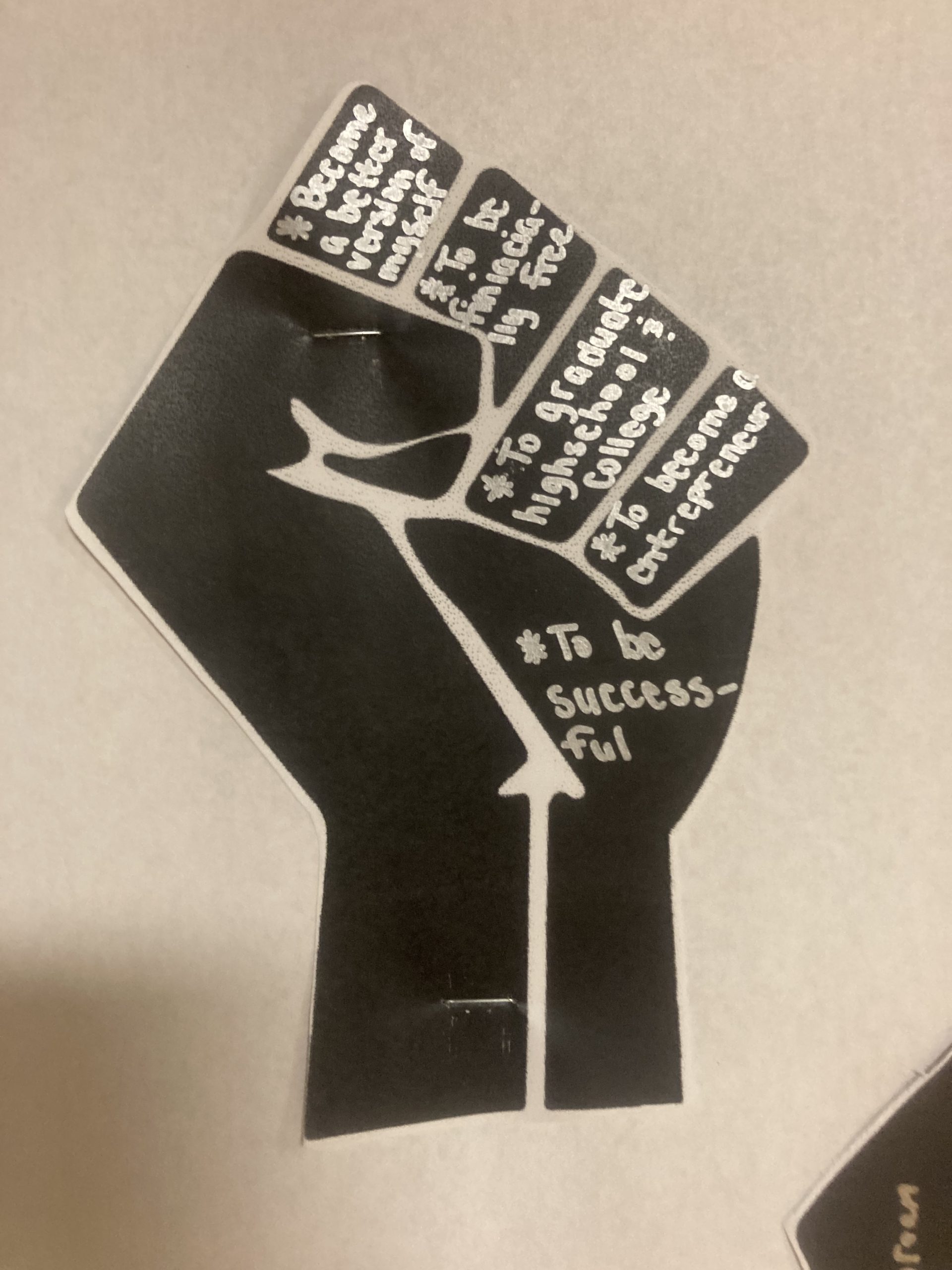

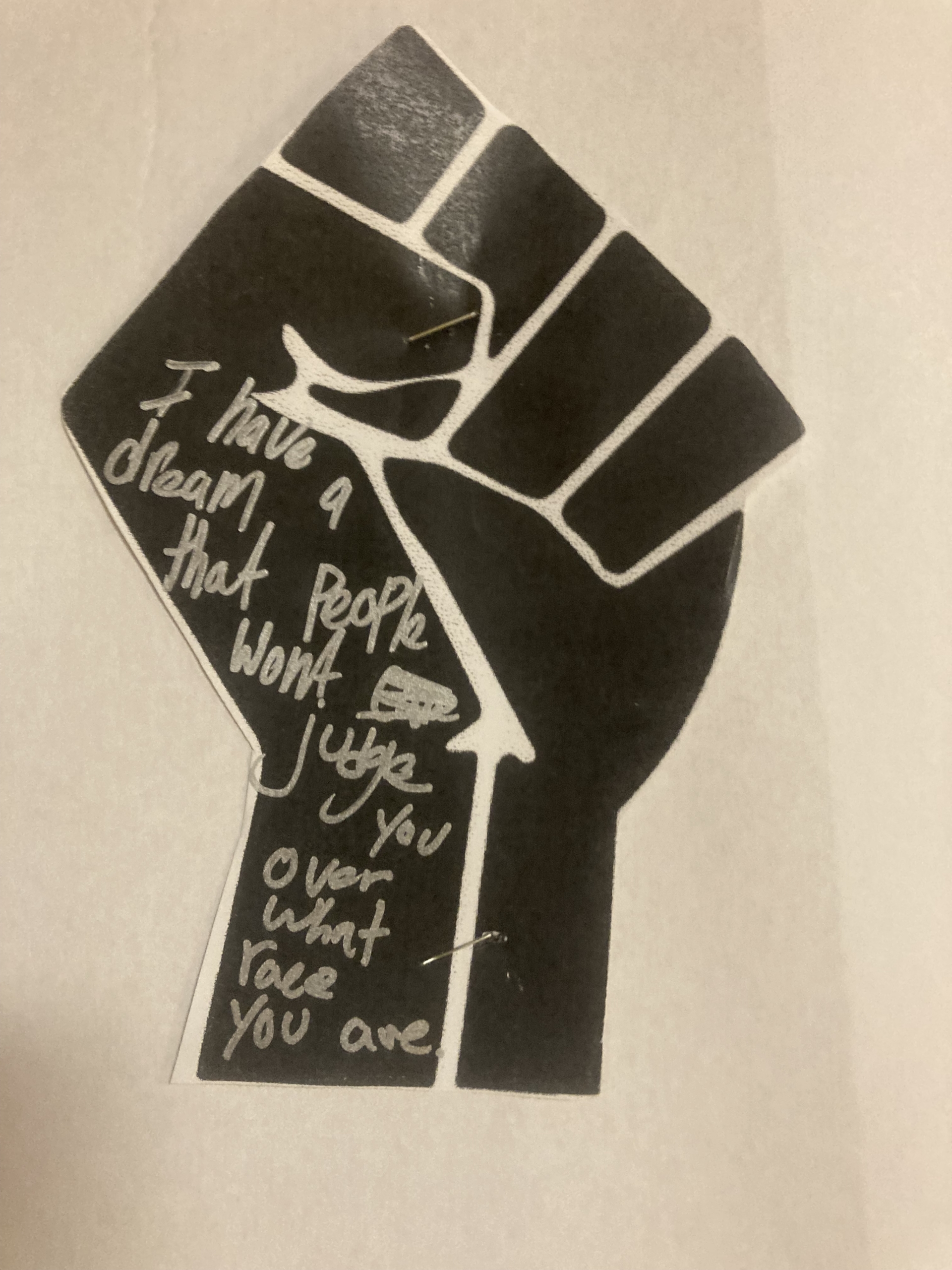
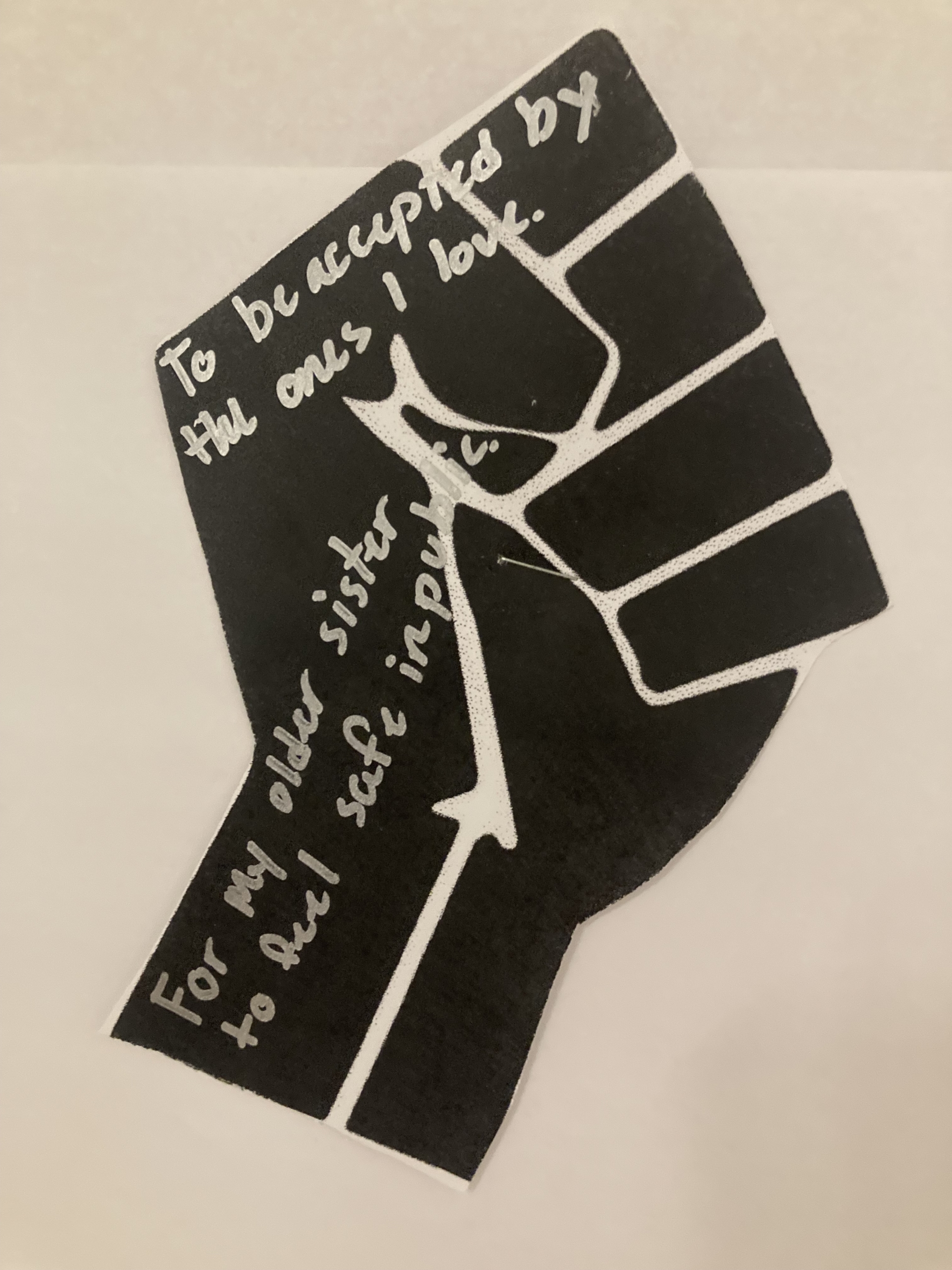
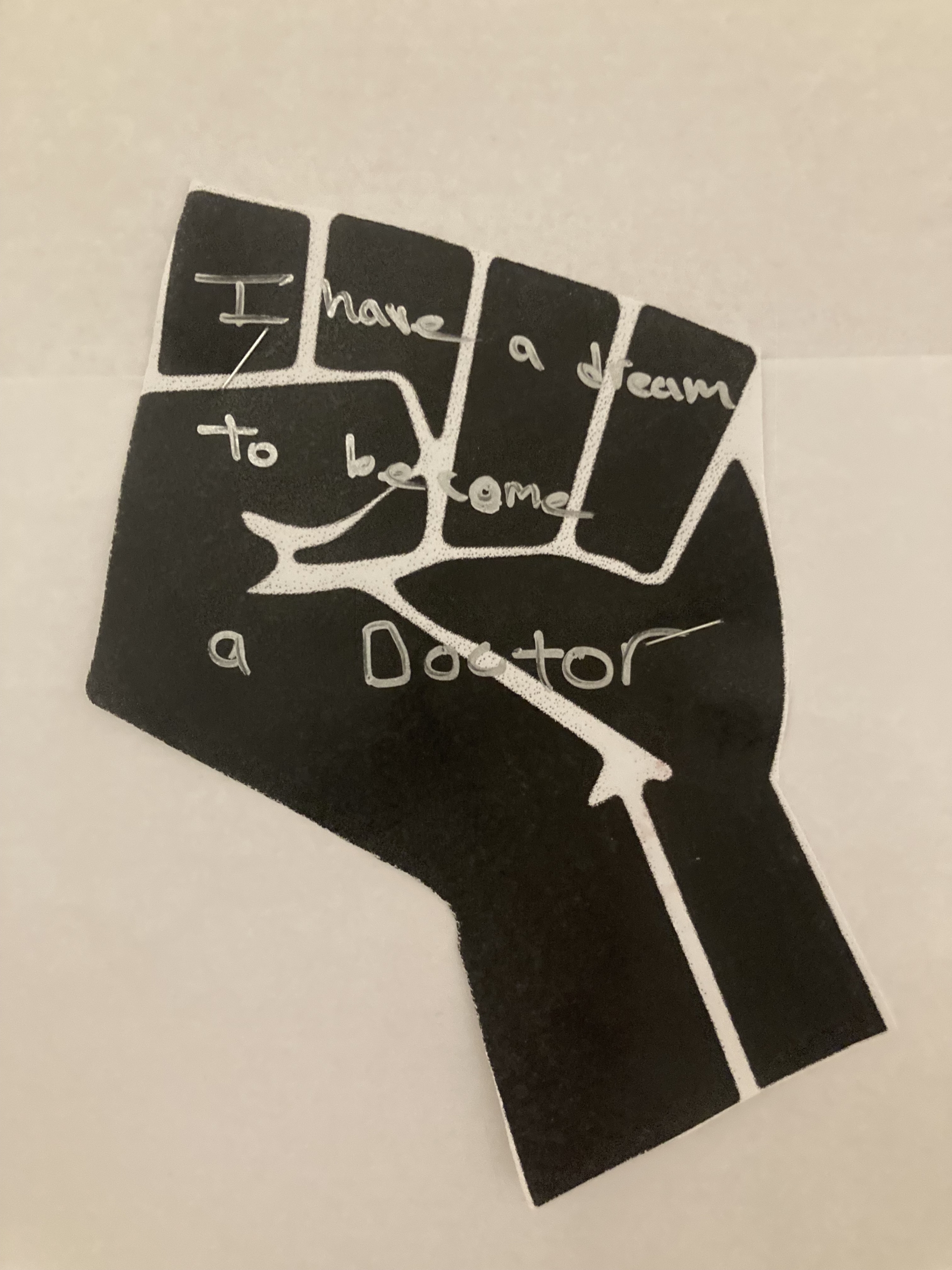
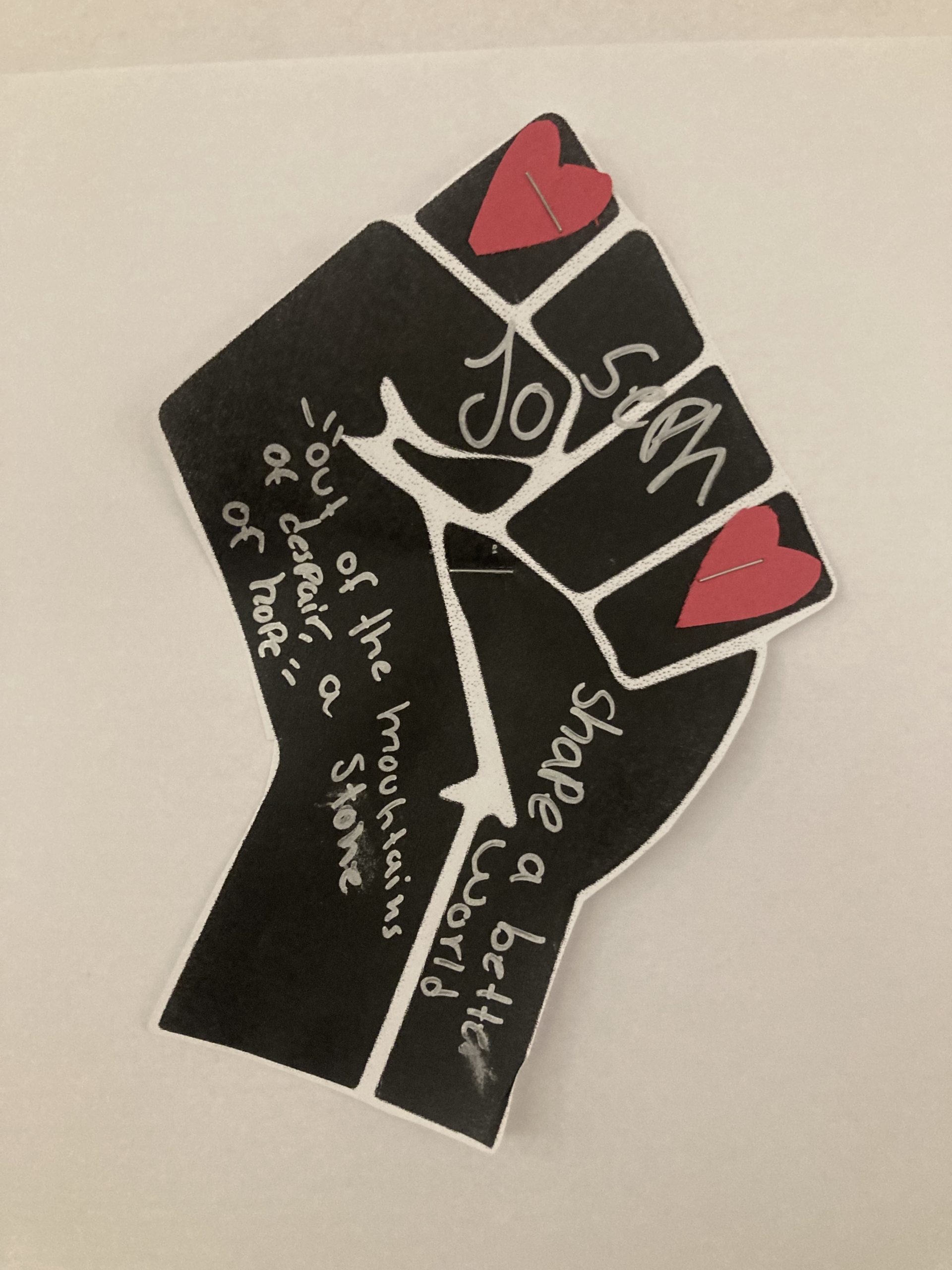
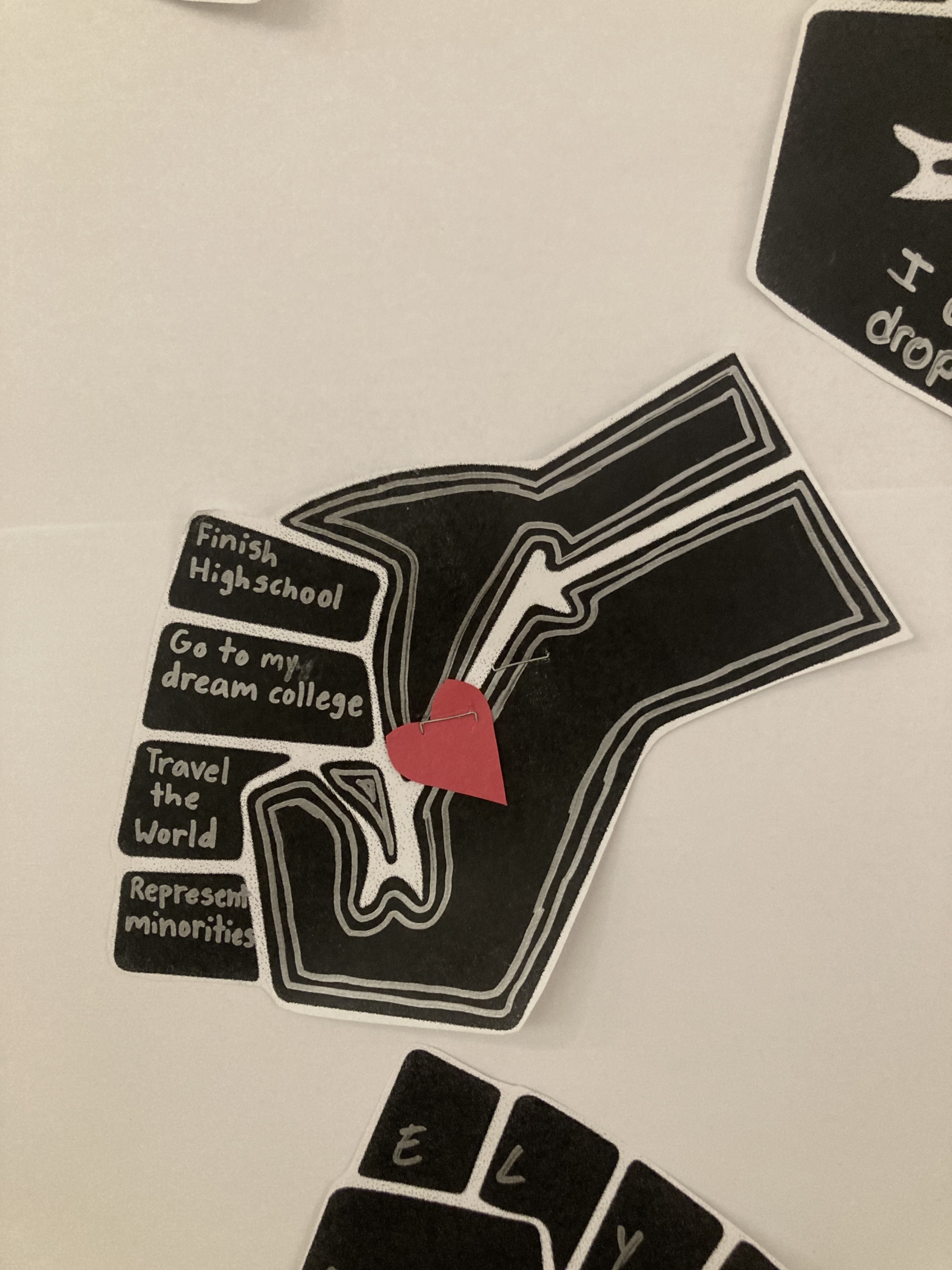
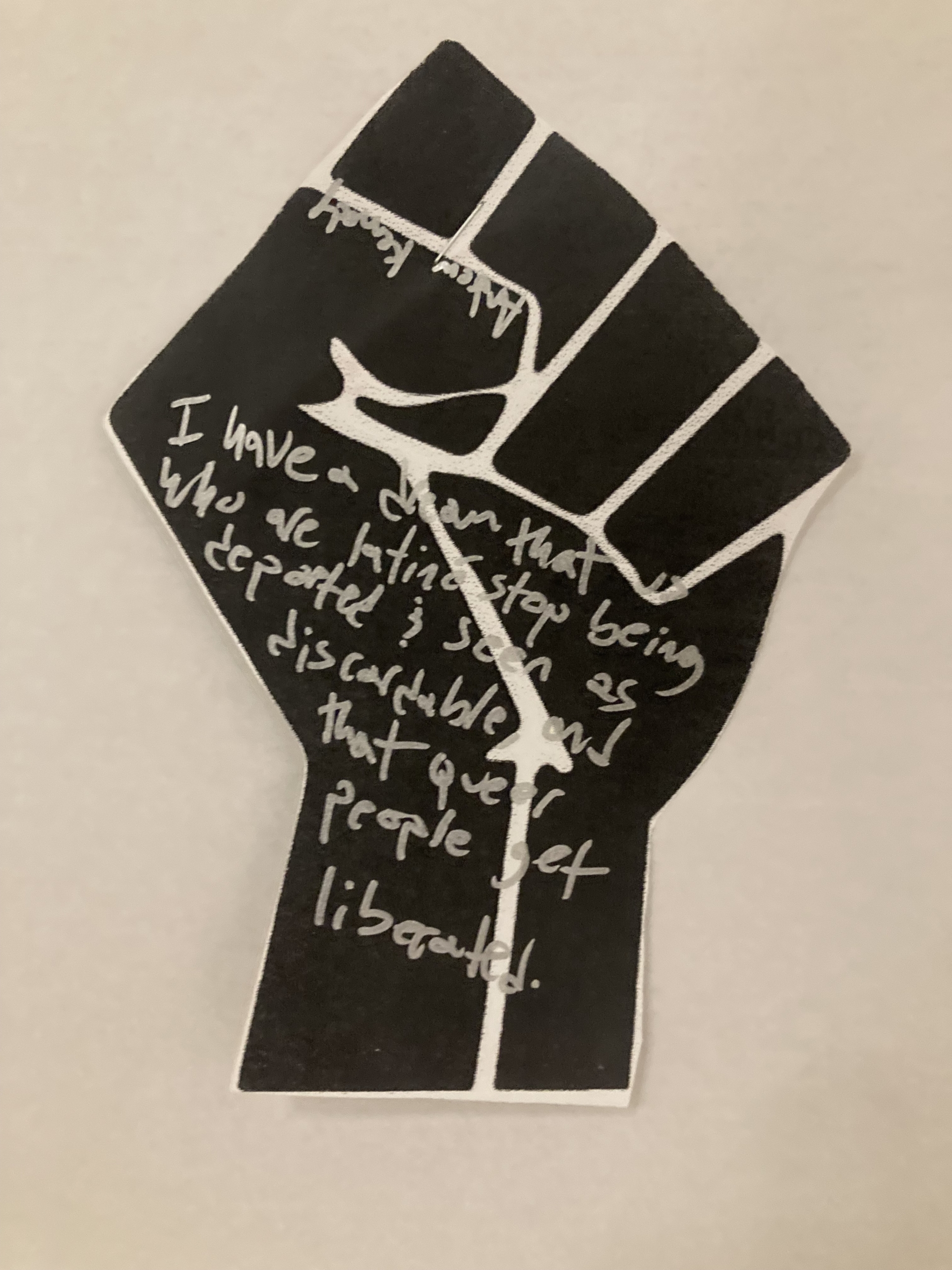
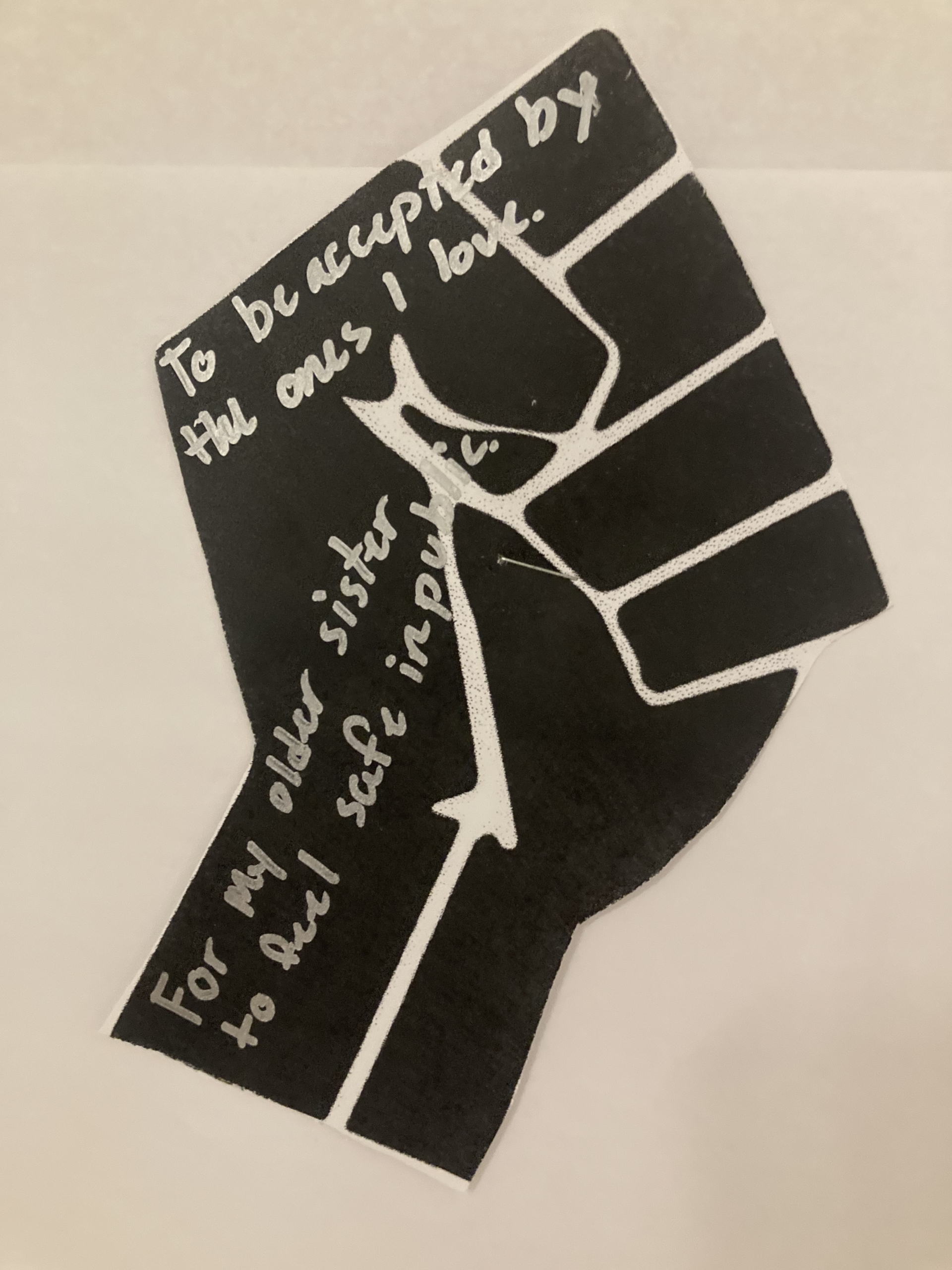
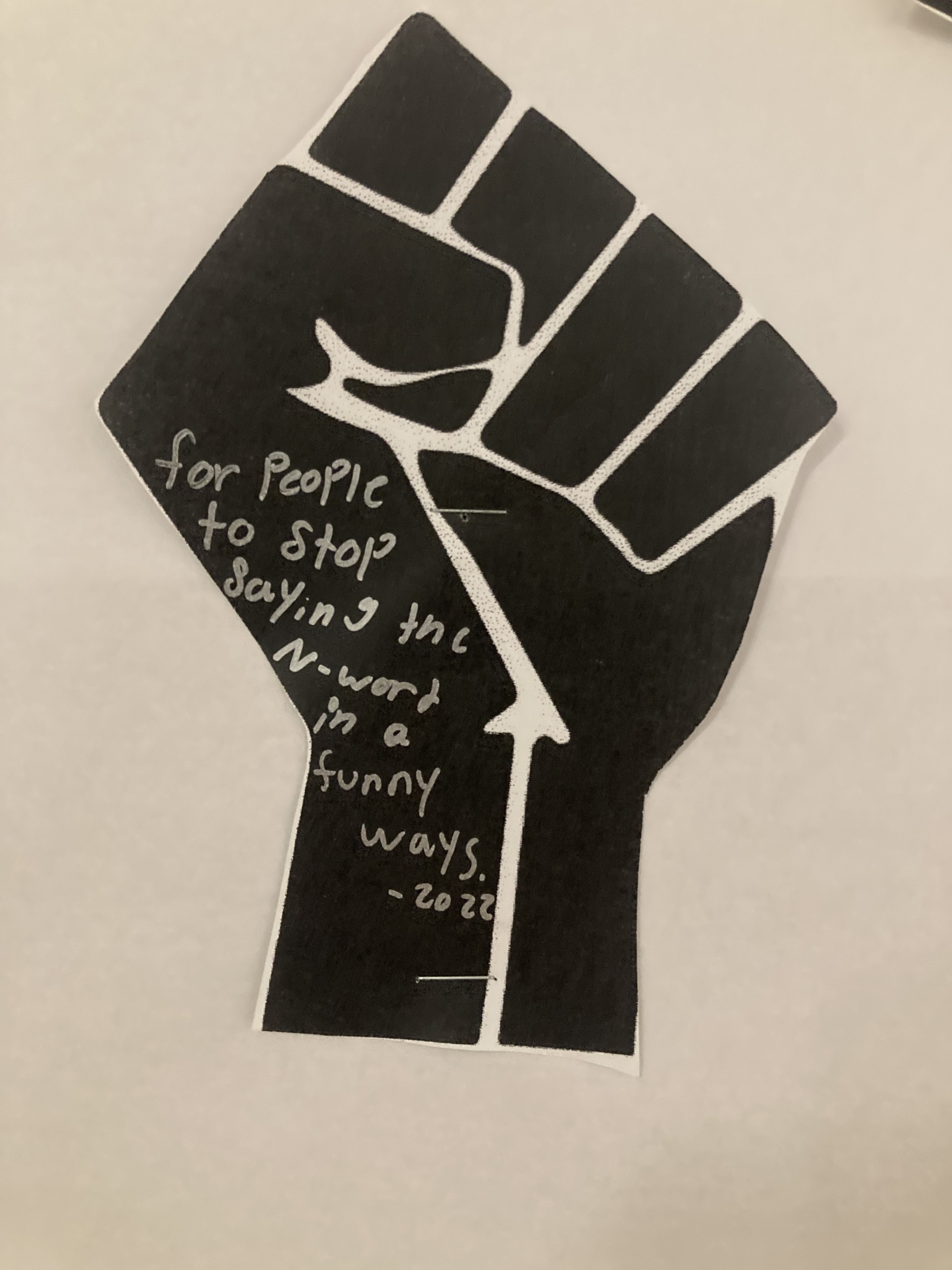
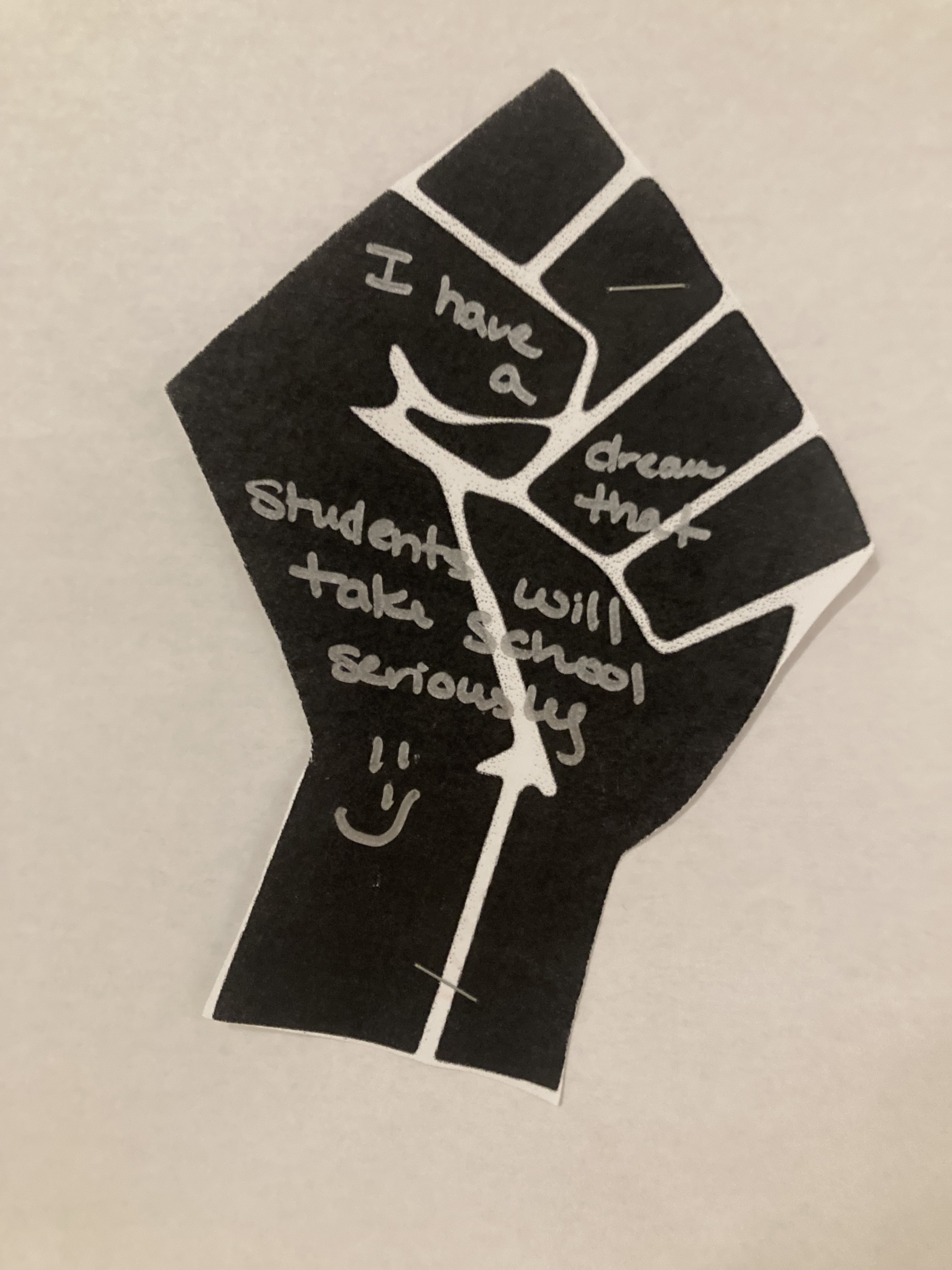
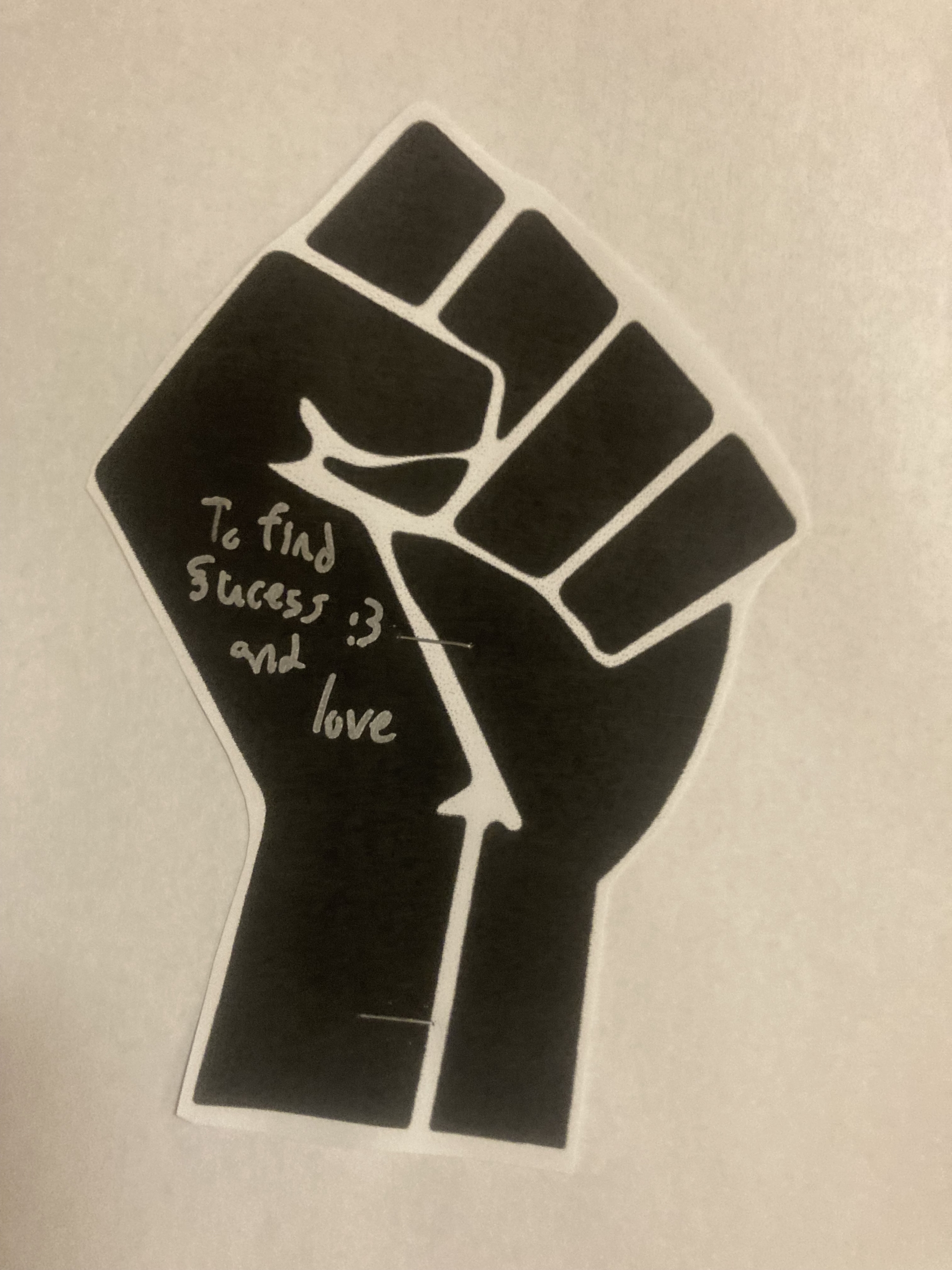
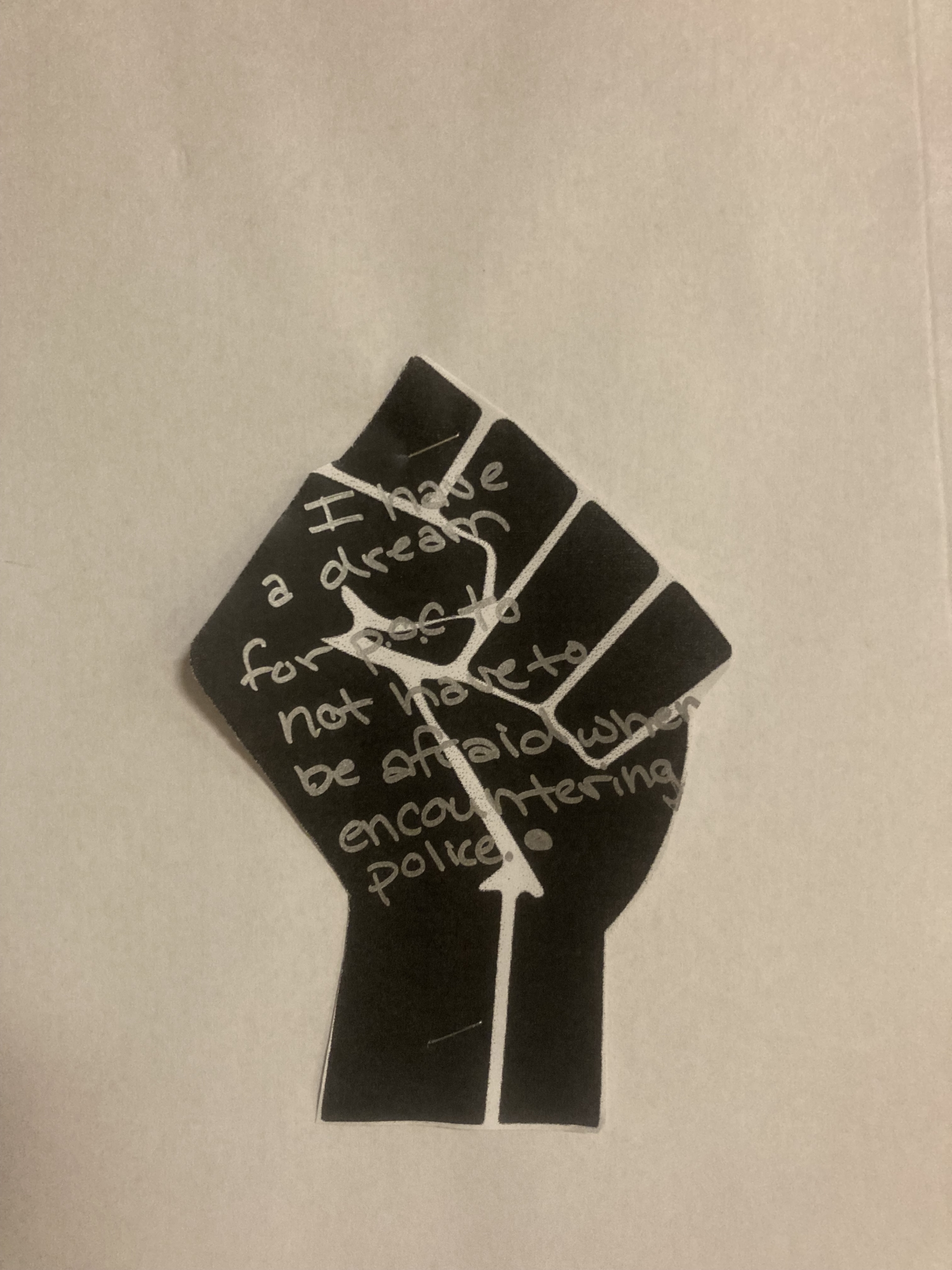
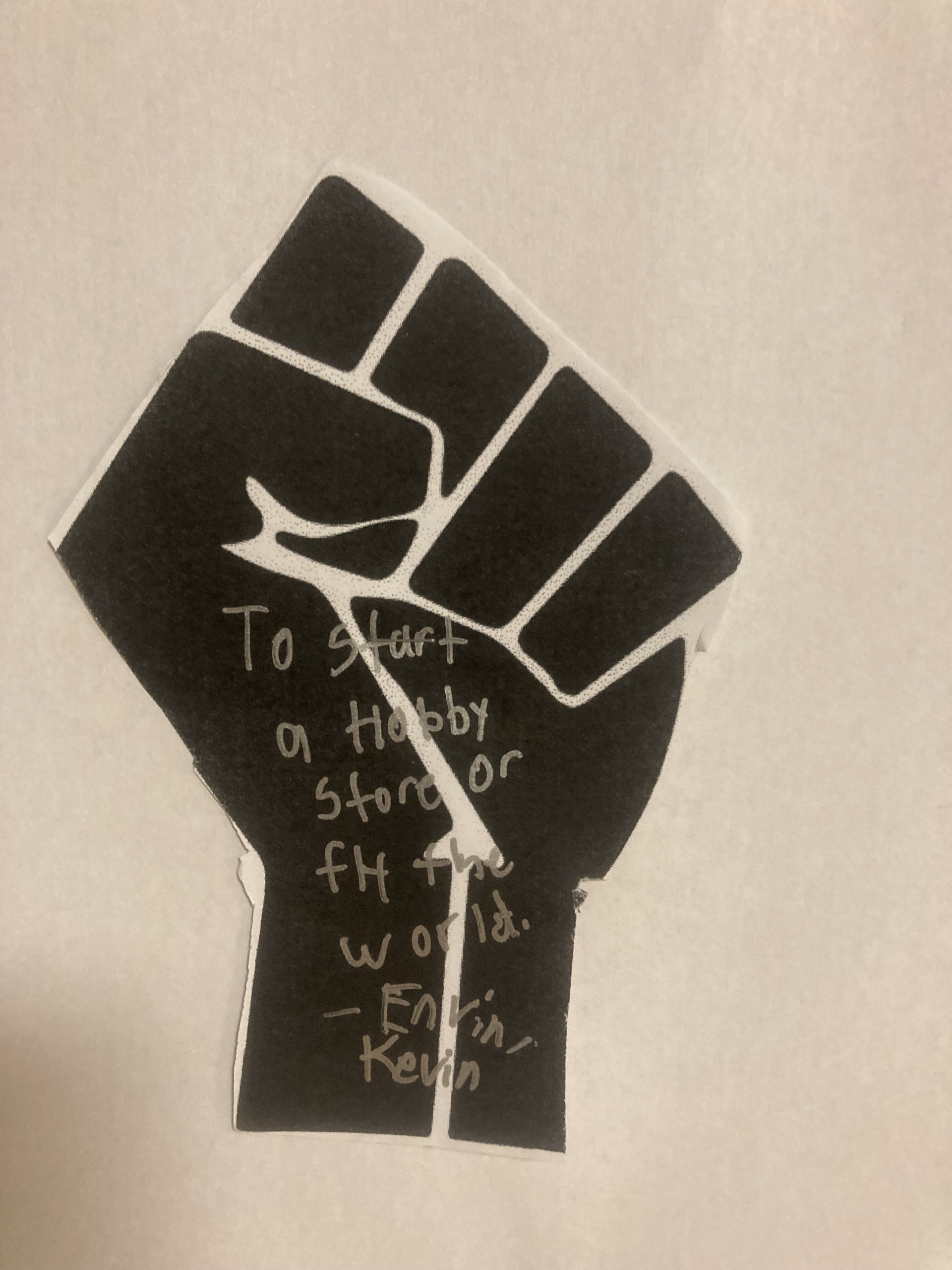
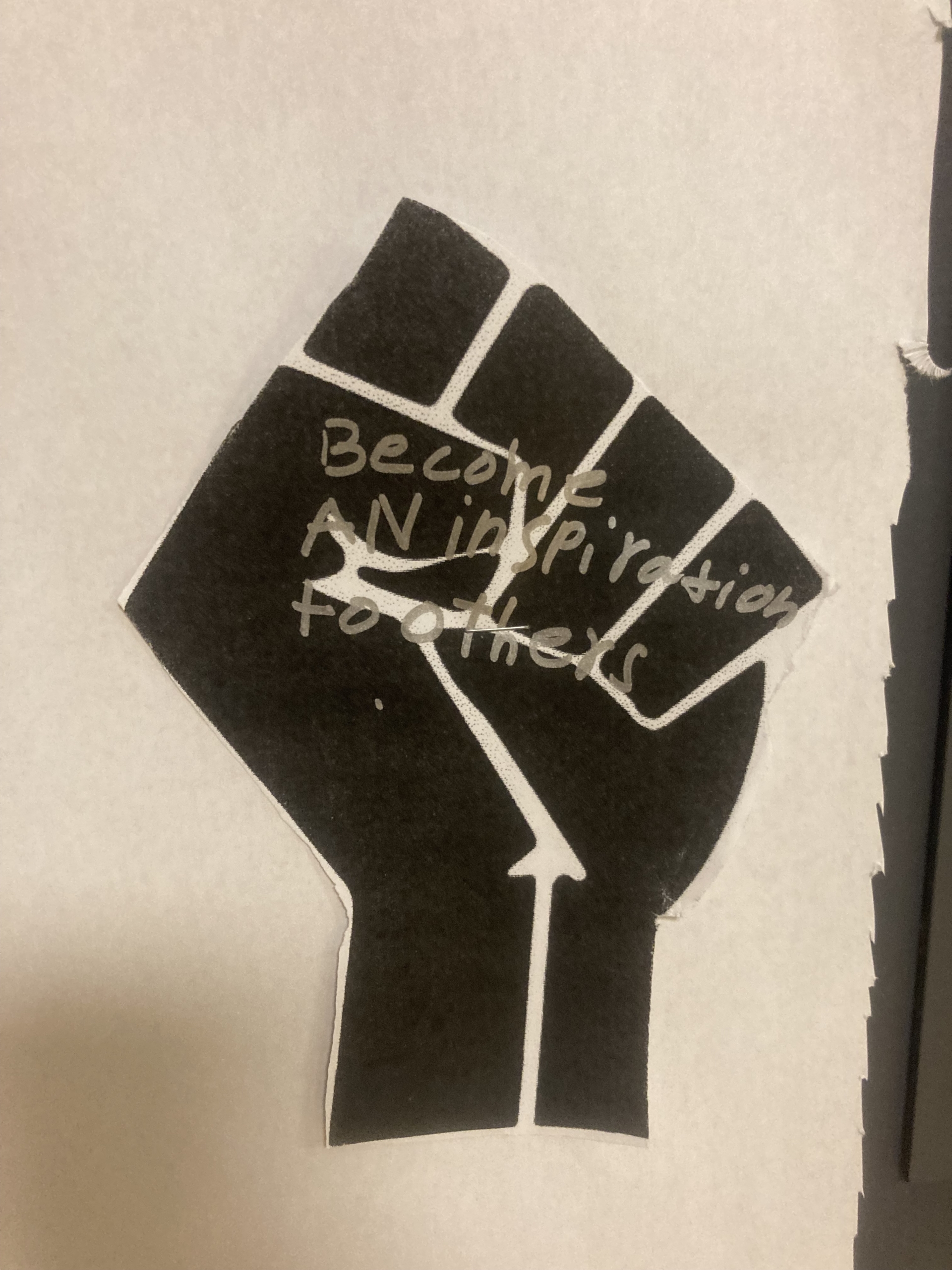
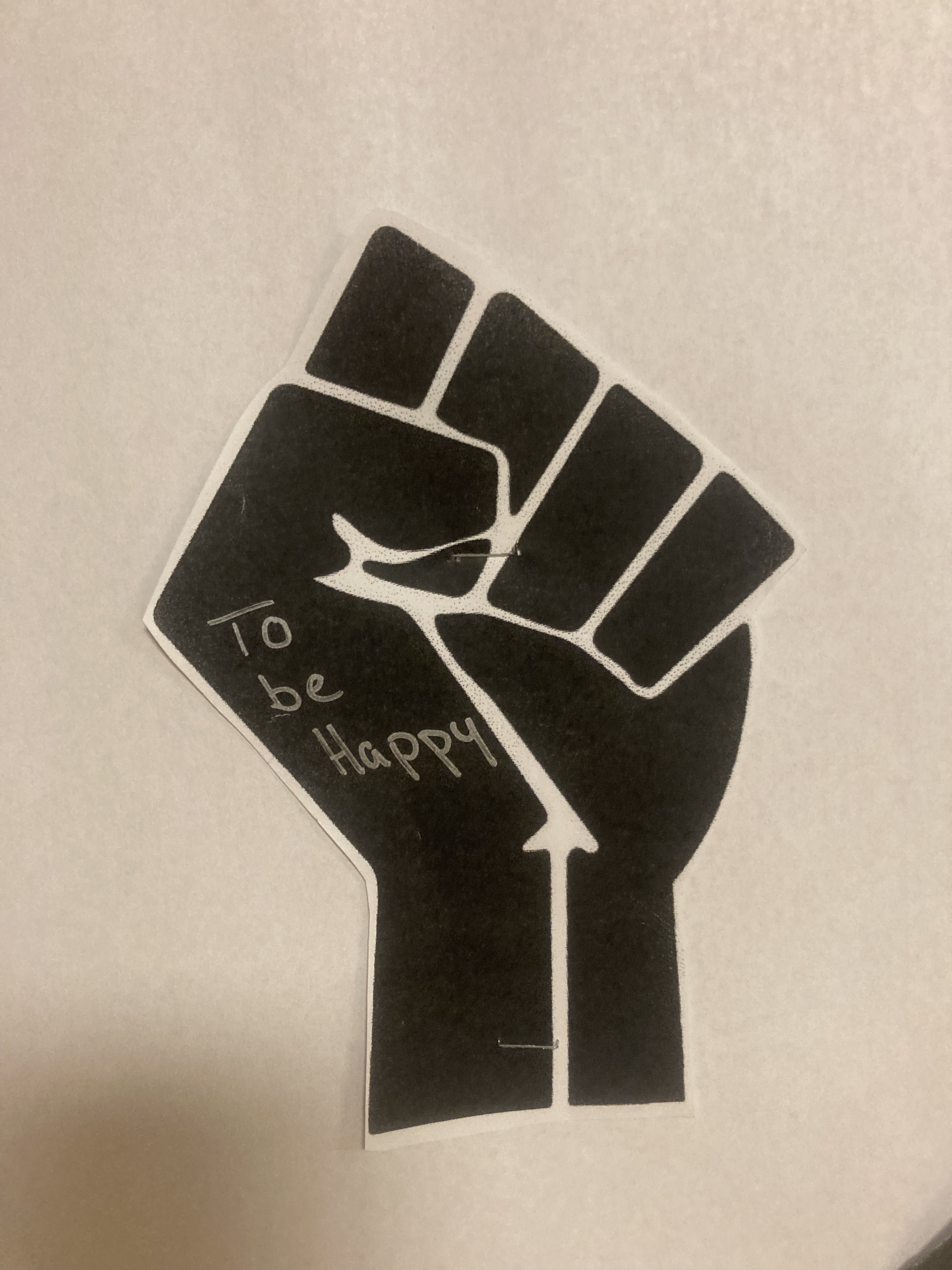
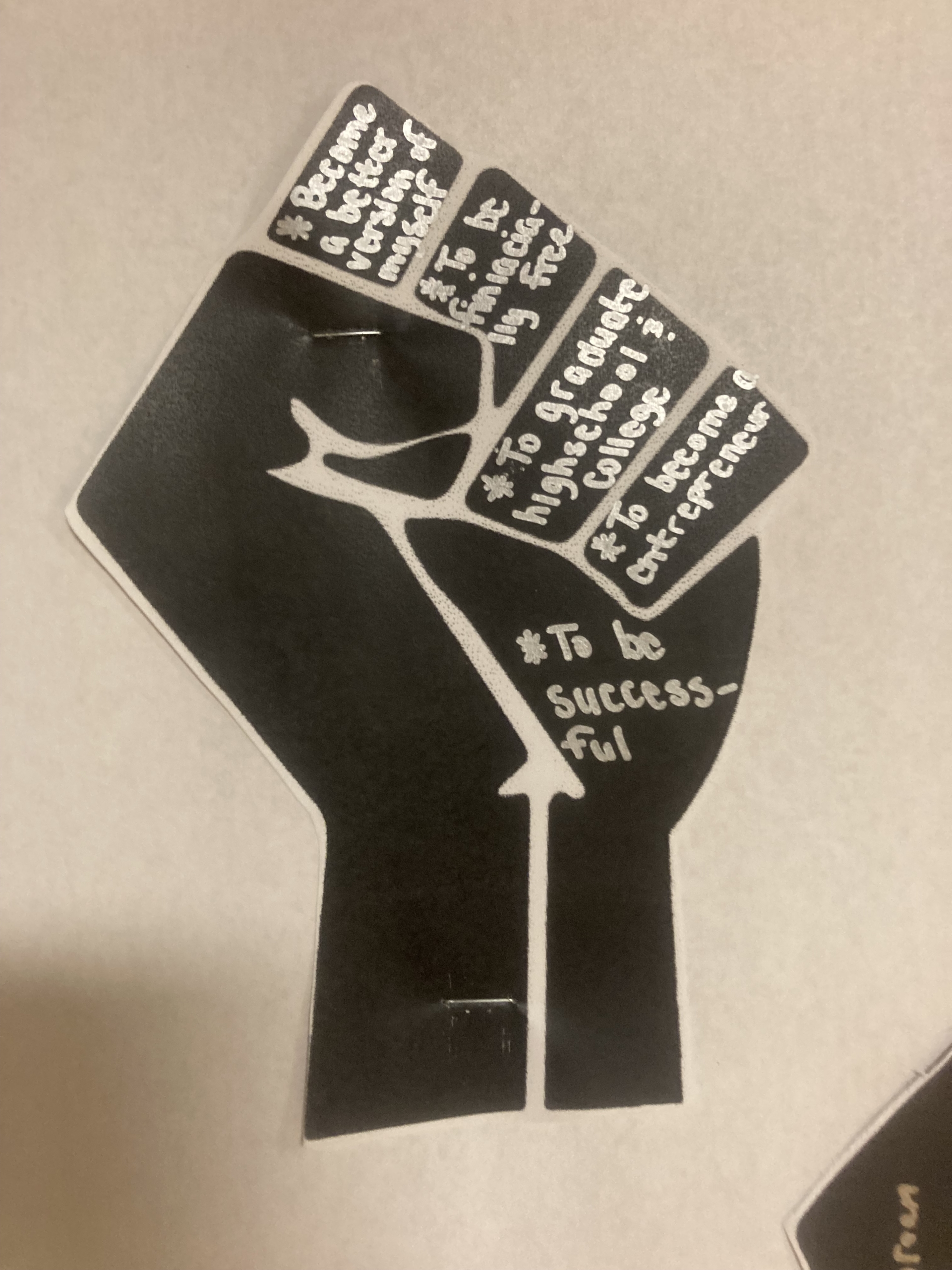
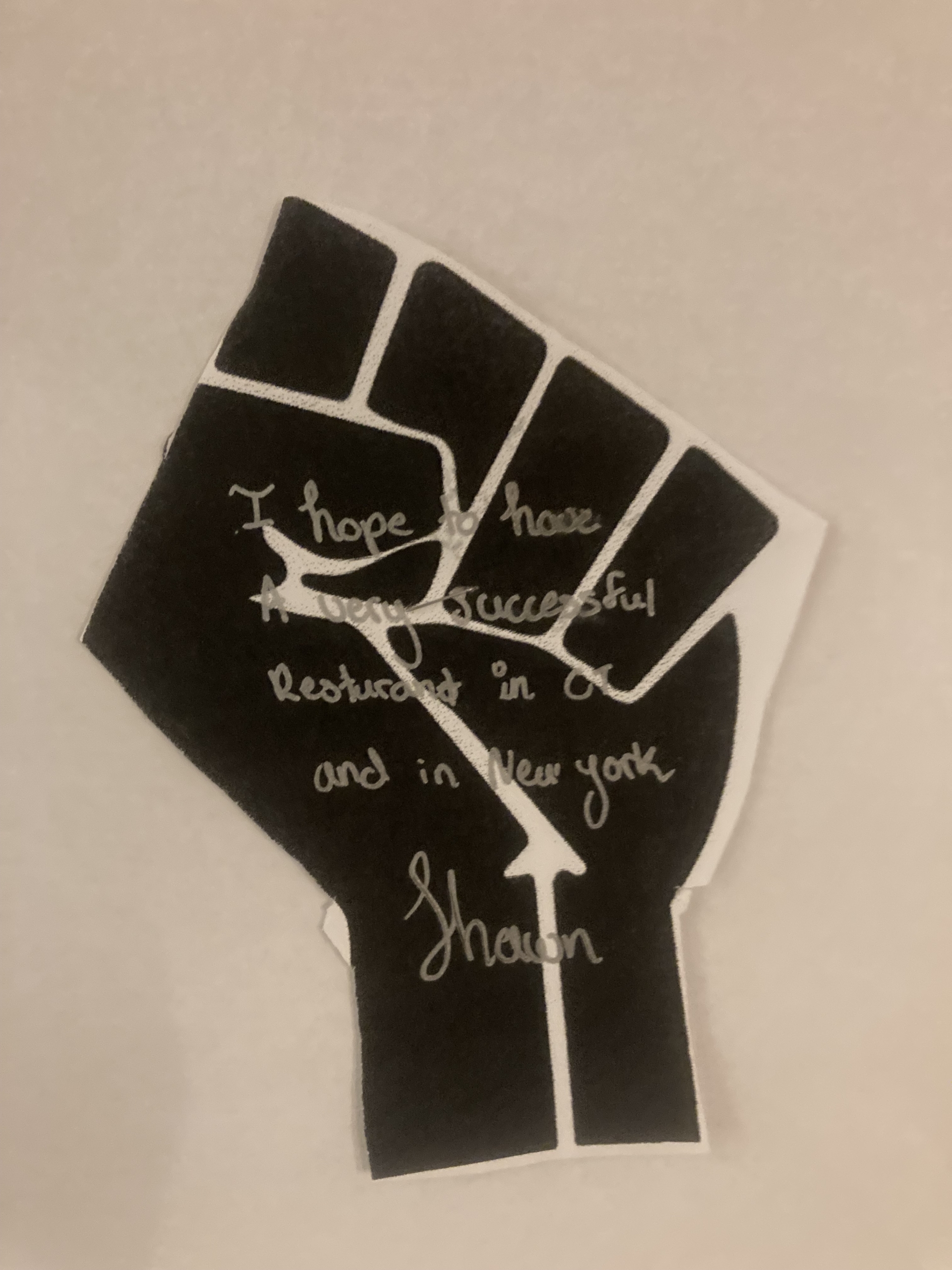

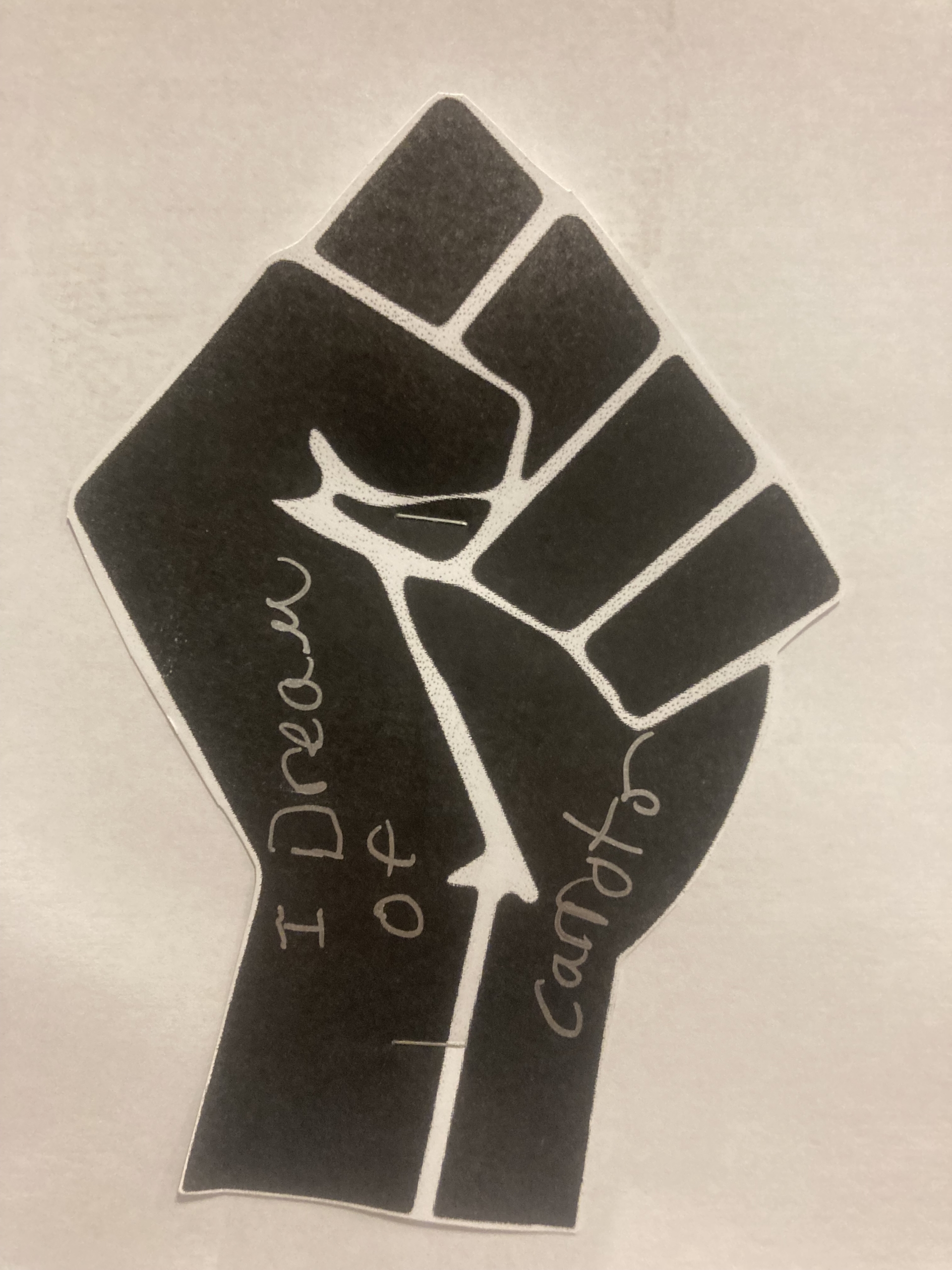
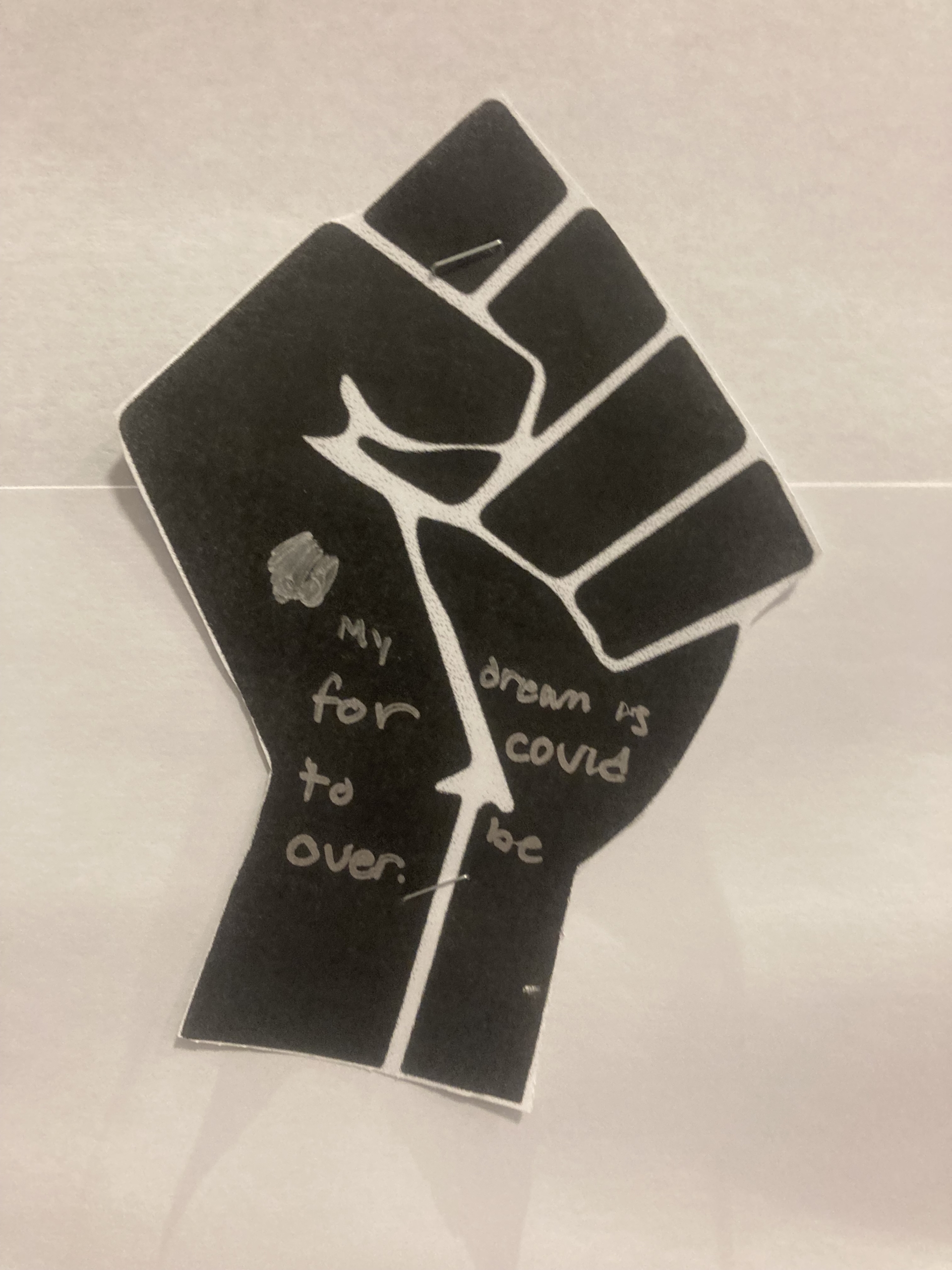

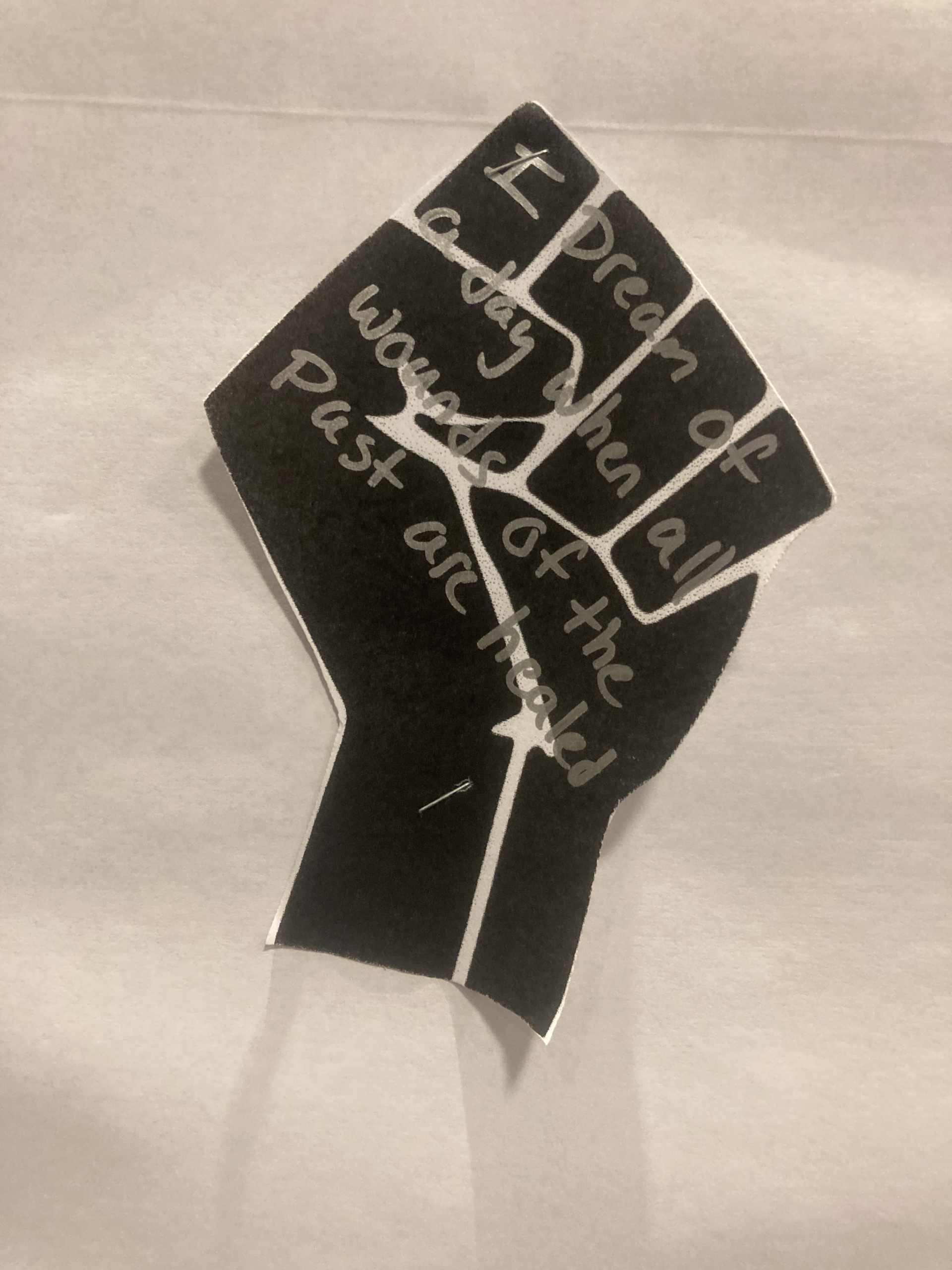
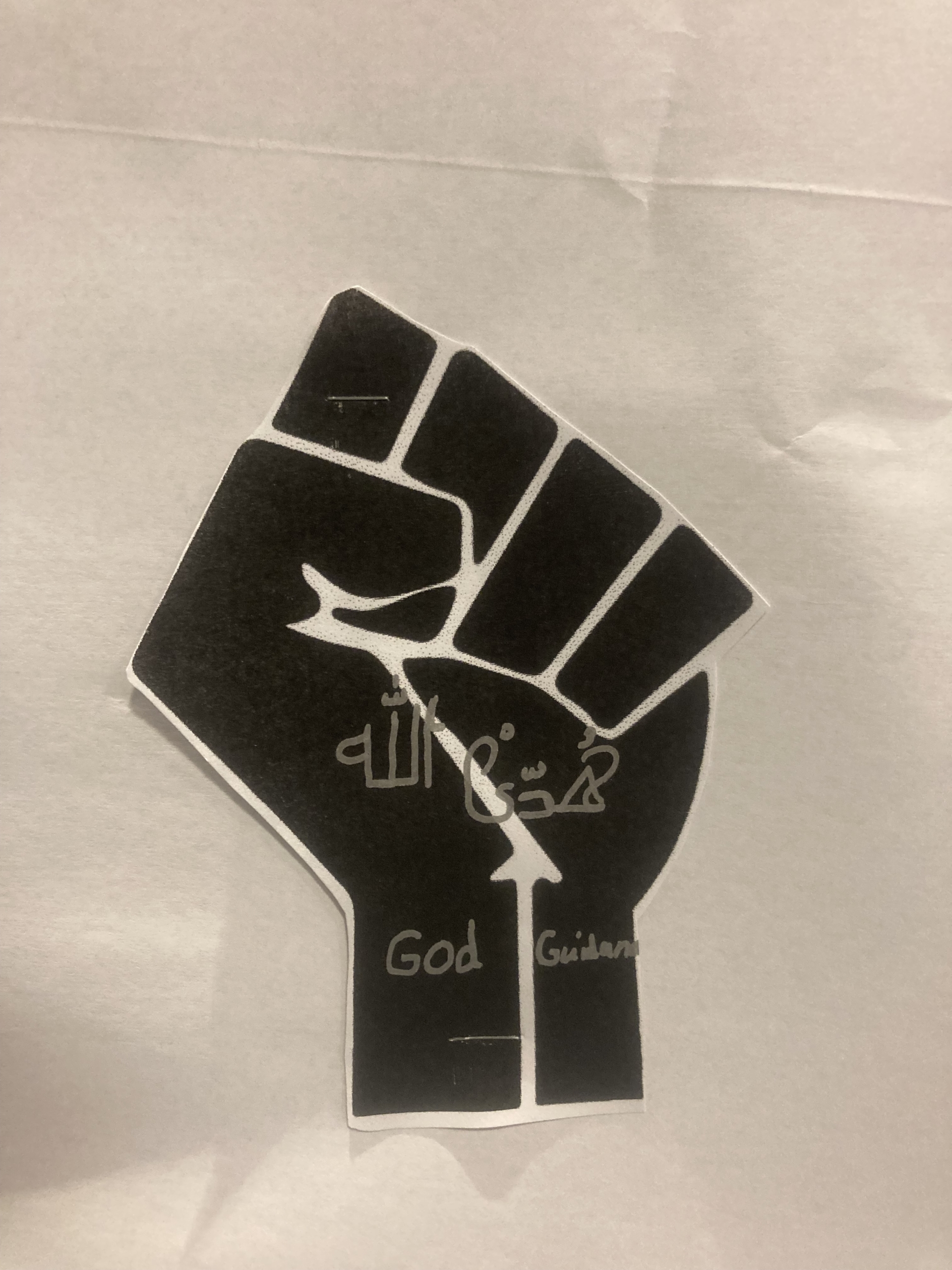
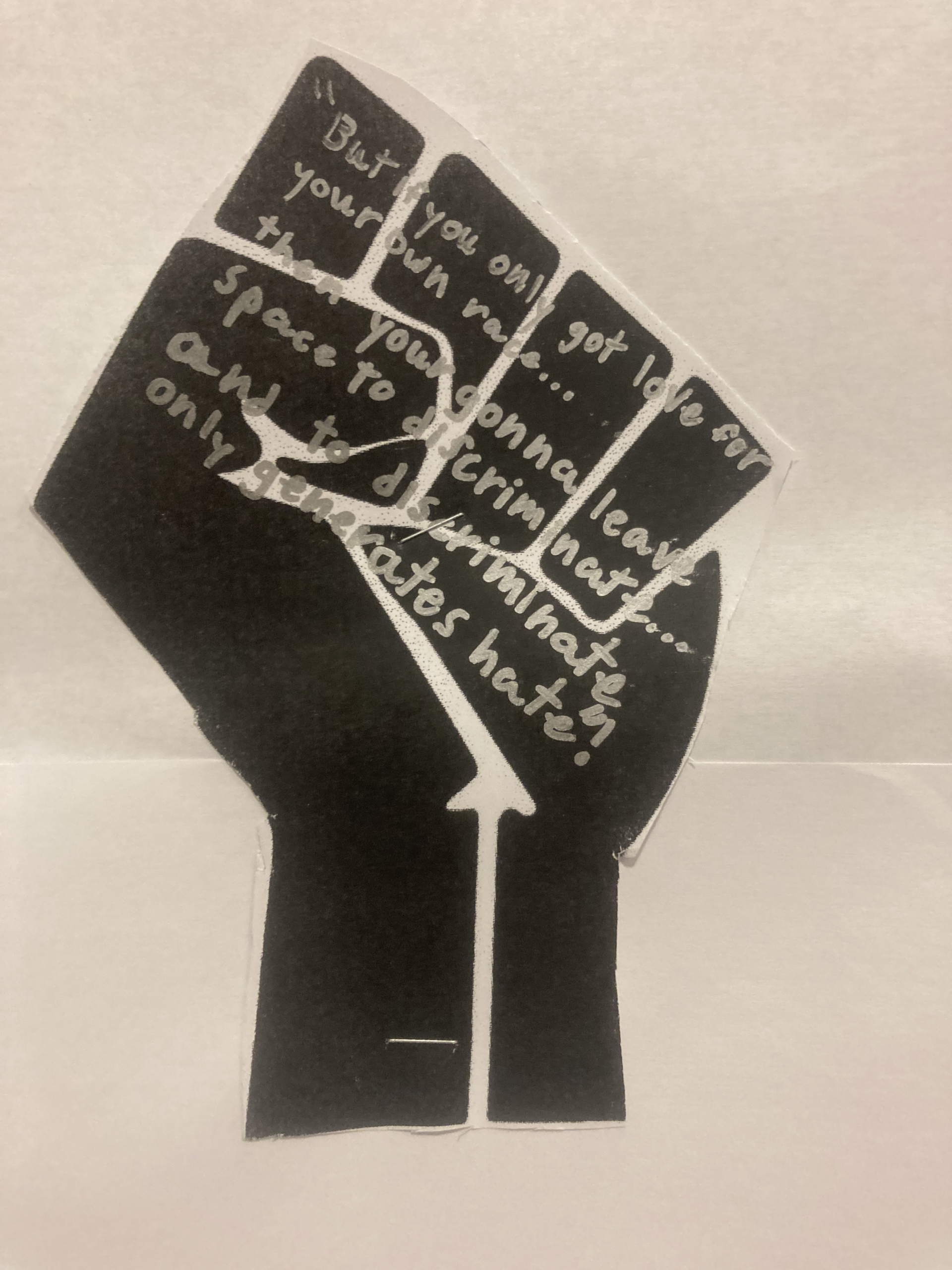
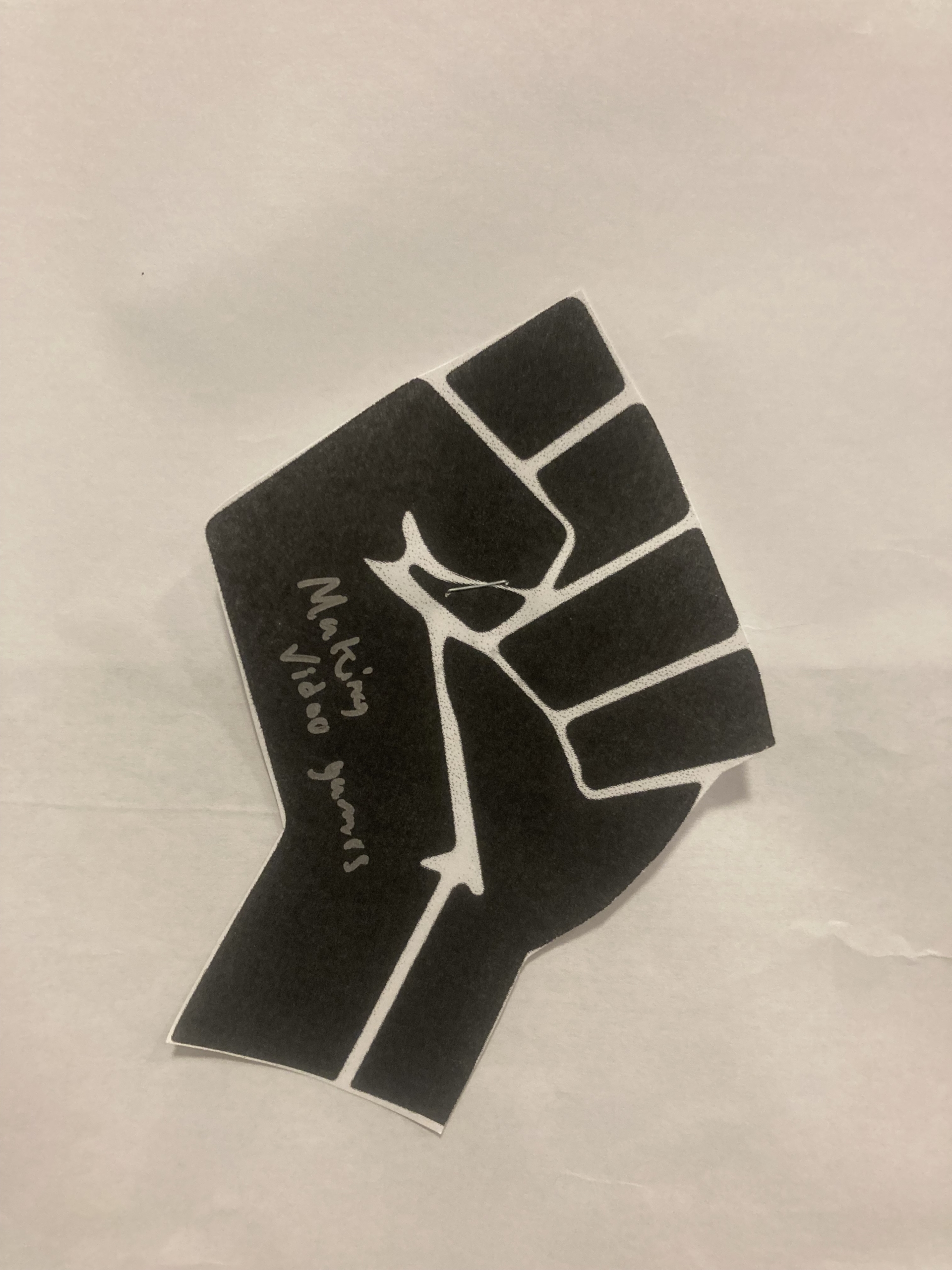
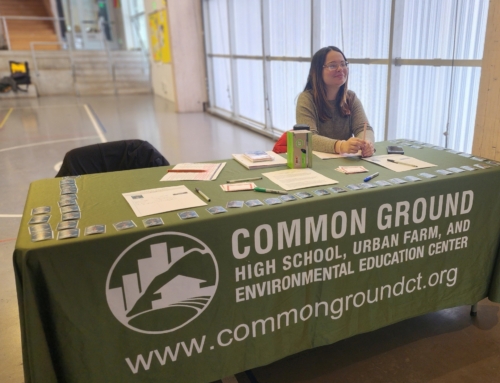
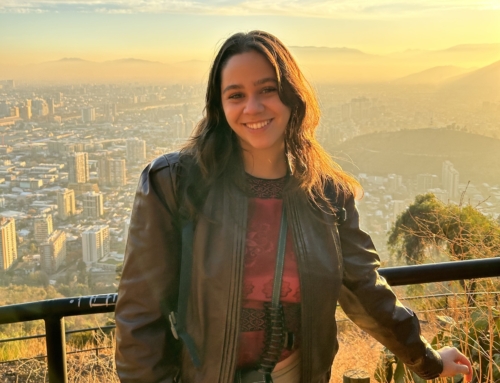
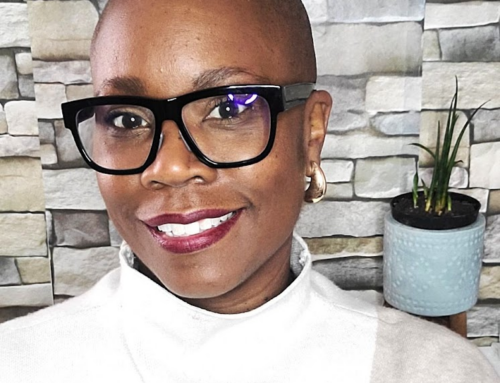
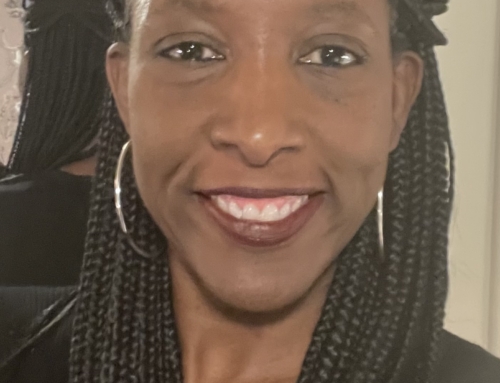
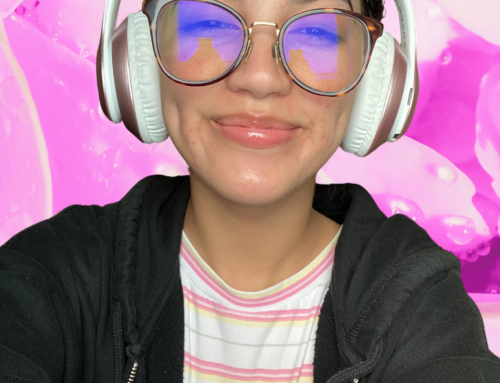
Leave A Comment